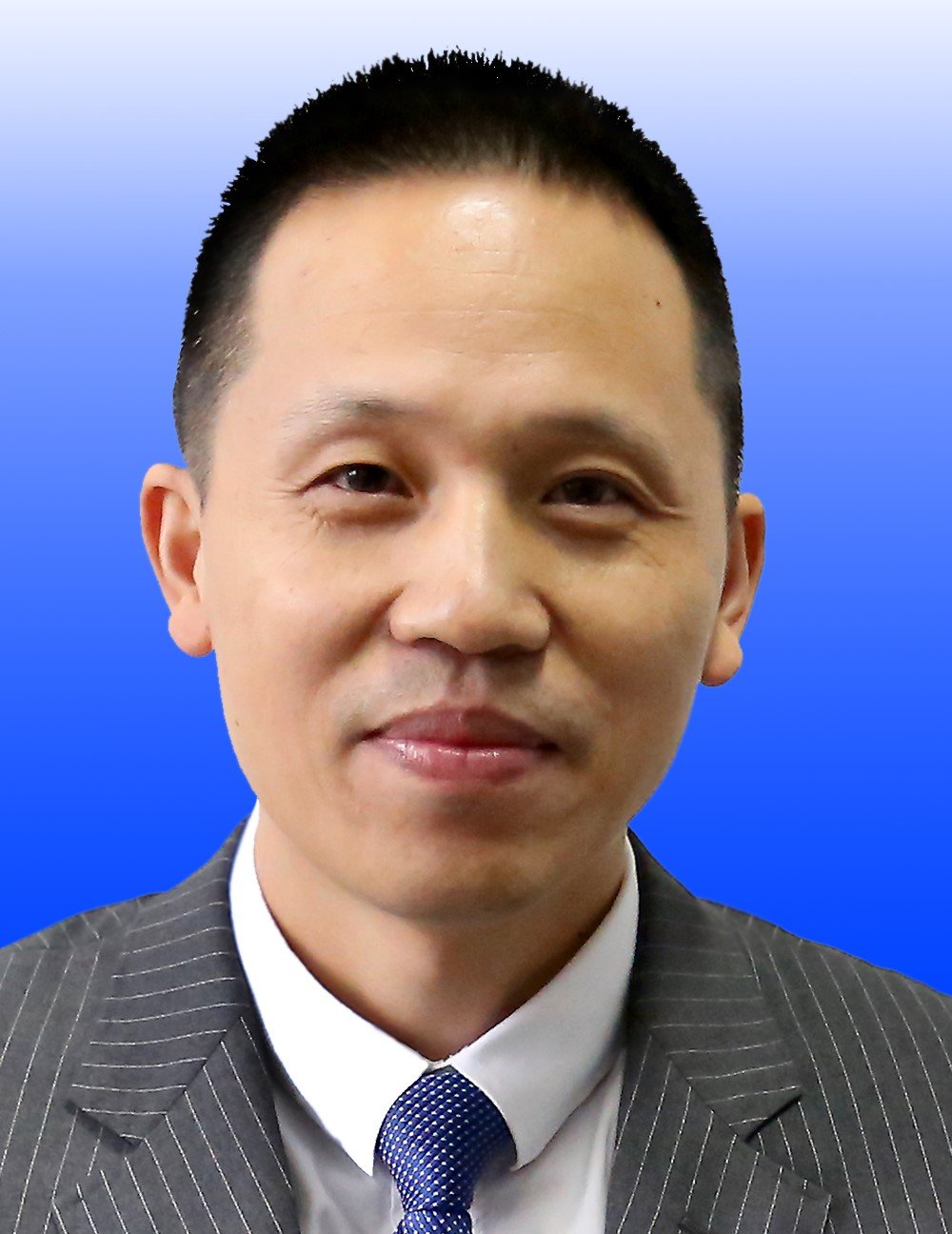
Shun Wang, Wenzhou University, Wenzhou, China ![]()
Shun Wang is a Chair Professor and the dean of the College of Chemistry and Materials Engineering at Wenzhou University. He received his M.Sc. and Ph.D. degree from China University of Mining and Technology. He once was a visiting scholar at both Peking University and University of Windsor. He has 88 patents and has given more than 30 invited and keynote conference presentations. He is a recipient of several awards including “Outstanding Research Award from International Association of Lithium Battery (IALB)”, “Outstanding teacher of Zhejiang province”, “Key talent of the Zhejiang provincial new century ‘151’ project” and "Young experts with outstanding contribution" by National Millions of Talent Project. He is a committee member of Chinese Society of Electrochemistry, International Academy of Electrochemical Energy Science (IAOEES), and Fellow of the Royal Society of Chemistry (FRSC).
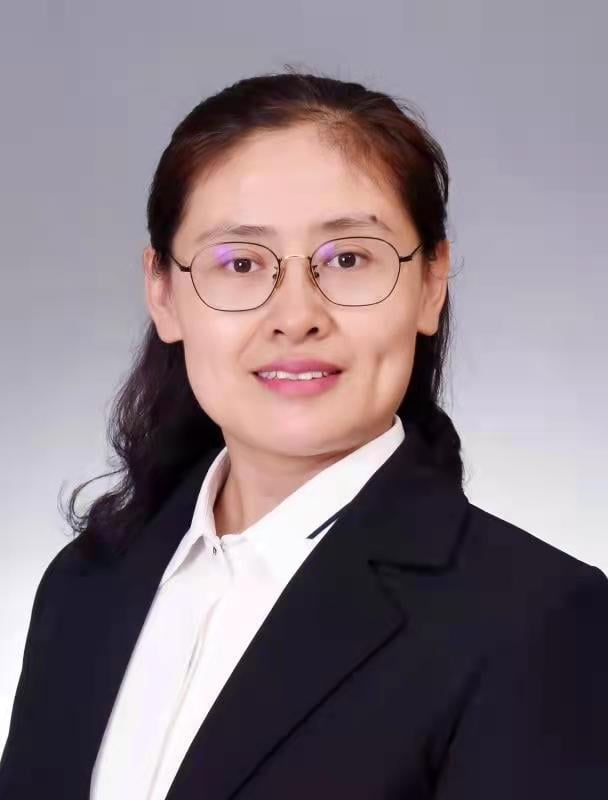
Zhengyu Bai, Henan Normal University, Xinxiang, China ![]()
Zhengyu Bai is a professor in School of Chemistry and Chemical Engineering at Henan Normal University. She received her Ph.D. in Chemistry from Henan Normal University in 2010. During 2016-2017, she was a Postdoctoral Fellow in School of Chemical Engineering at the University of Waterloo, Canada. She received the Distinguished Young Investigator Awards at the 4th International Conference on Electrochemical Energy Science and Technology 2018 (EEST 2018). She received support from the National Science Foundation for Excellent Young Scholars Program. She has published over 100 peer-reviewed journal articles, and she is also listed as an inventor on 25 national patents, with 12 patents issued in China. Her research is focused on new green energy nanomaterials, such as nanostructured electrocatalysts for fuel cell and metal-air batteries.
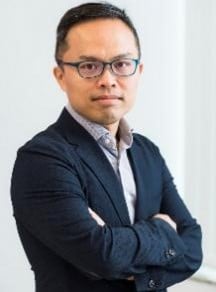
Jr-Hau (J.H.) He, City University of Hong Kong, Hong Kong, China ![]()
Dr. Jr-Hau He is the Professor in Department of Materials Science and Engineering at City University of Hong Kong. Dr. He was a professor in Electrical Engineering at National Taiwan University and King Abdullah University of Science and Technology (2007-2019). He has been an influential scientist in optoelectronics and energy. He has made a major contribution to understanding light-mater interaction, which reflects on his achievement of photon management on the light harvesting devices. The nanotechnology he has developed has been transferred constantly to energy and LED industry over the world. He is selected as Highly Cited Researchers (2020 & 2021, Web of Science). He is a Fellow of OSA, RSC and SPIE.
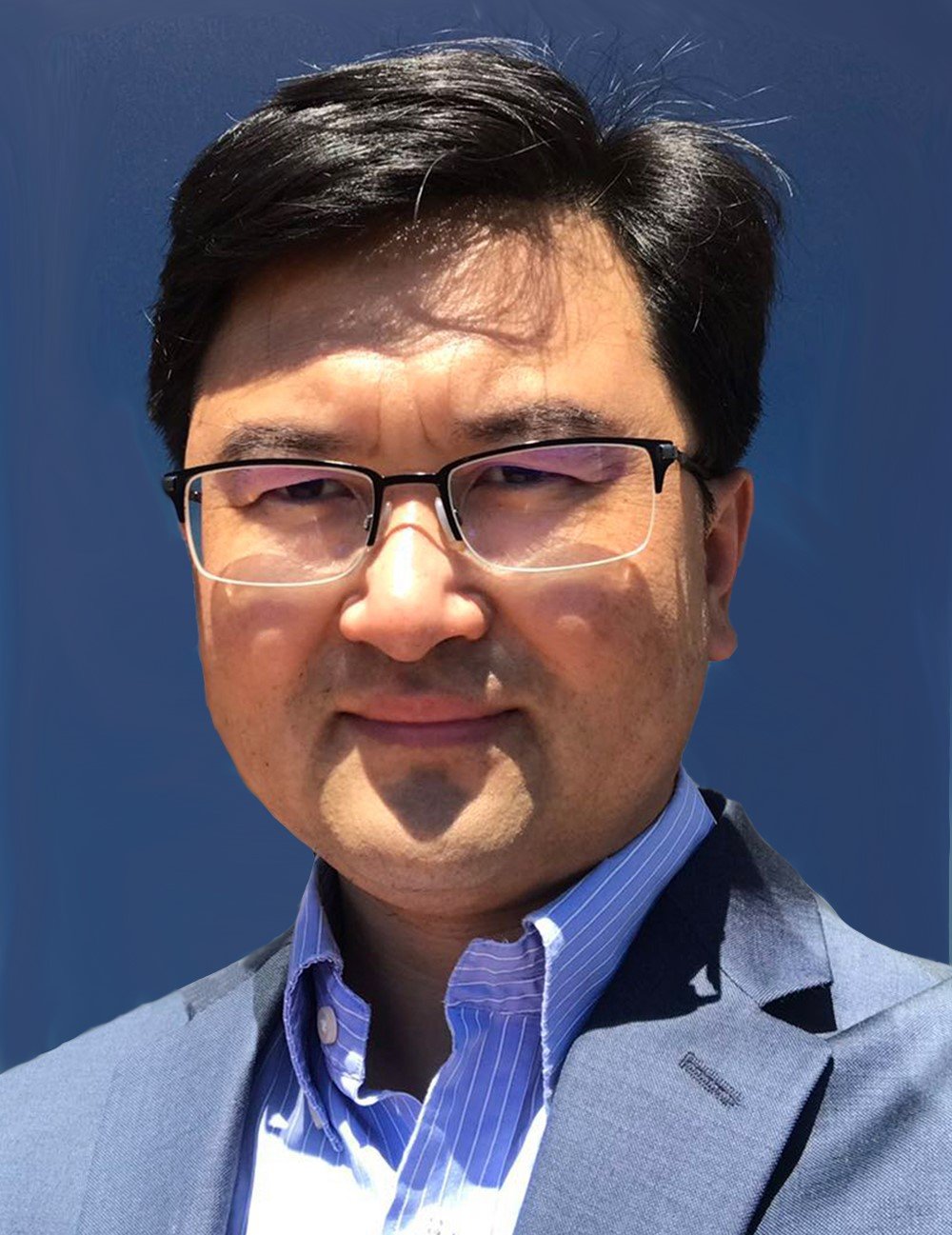
Xiulei Ji, Oregon State University, Corvallis, USA ![]()
Prof. Xiulei “David” Ji is the Bert and Emelyn Christensen Professor at Oregon State University. His research interests pertain to the design principles of battery chemistry for energy storage. He has been a Highly Cited Researcher of the Web of Science Group since 2019, with total citations of over 38,000 and an H-index of 85 (Google Scholar). He received the NSF CAREER Award (2016). He was a Scialog Fellow by Research Corporation for Science Advancement. He is currently an Associate Editor of Carbon Energy, a Wiley journal. He obtained his B.Sc. in Chemistry from Jilin University in 2003 and Ph.D. in Chemistry from the University of Waterloo in 2009. During 2010-2012, he was an NSERC Postdoctoral Fellow at the University of California, Santa Barbara.
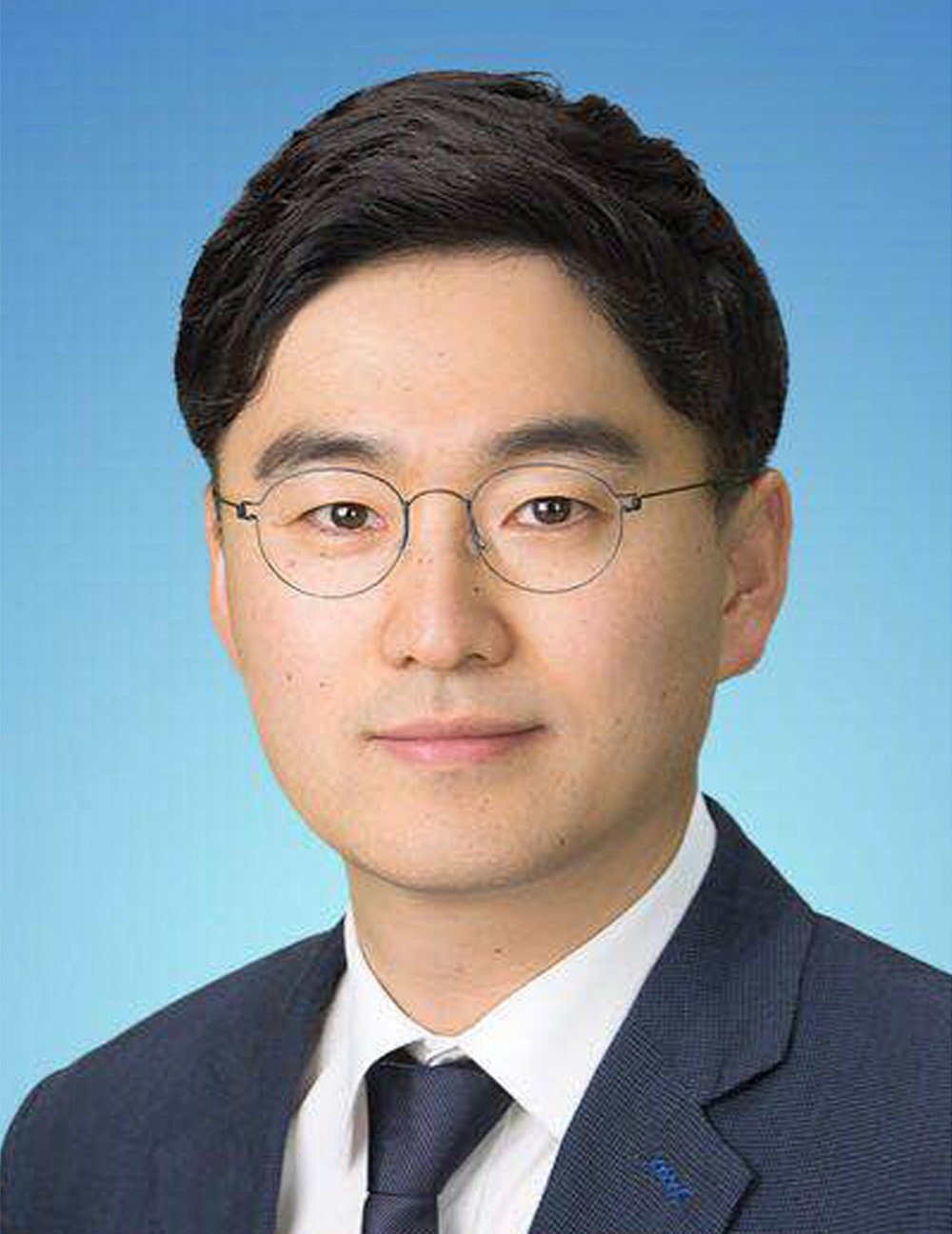
Jong Hyeok Park, Yonsei University, Seoul, South Korea ![]()
Jong Hyeok Park is a full professor at the Department of Chemical and Biomolecular Engineering of Yonsei University, Republic of Korea. He received his Ph.D. in chemical engineering from KAIST, Korea, in August 2004. Then, he joined University of Texas at Austin, USA, as a postdoctoral researcher in 2004 (under Prof. Allen J. Bard). Since 2008, he had been an associate professor in Sungkyunkwan University (SKKU), Korea, until 2014. He is an author and a co-author of 260 papers and 80 patents. These publications have earned him to date over 11,000 citations with H-index 52 (Web of Science). Prof. Park is the associate editor of Carbon Energy (Wiley) and Optical Materials Express.
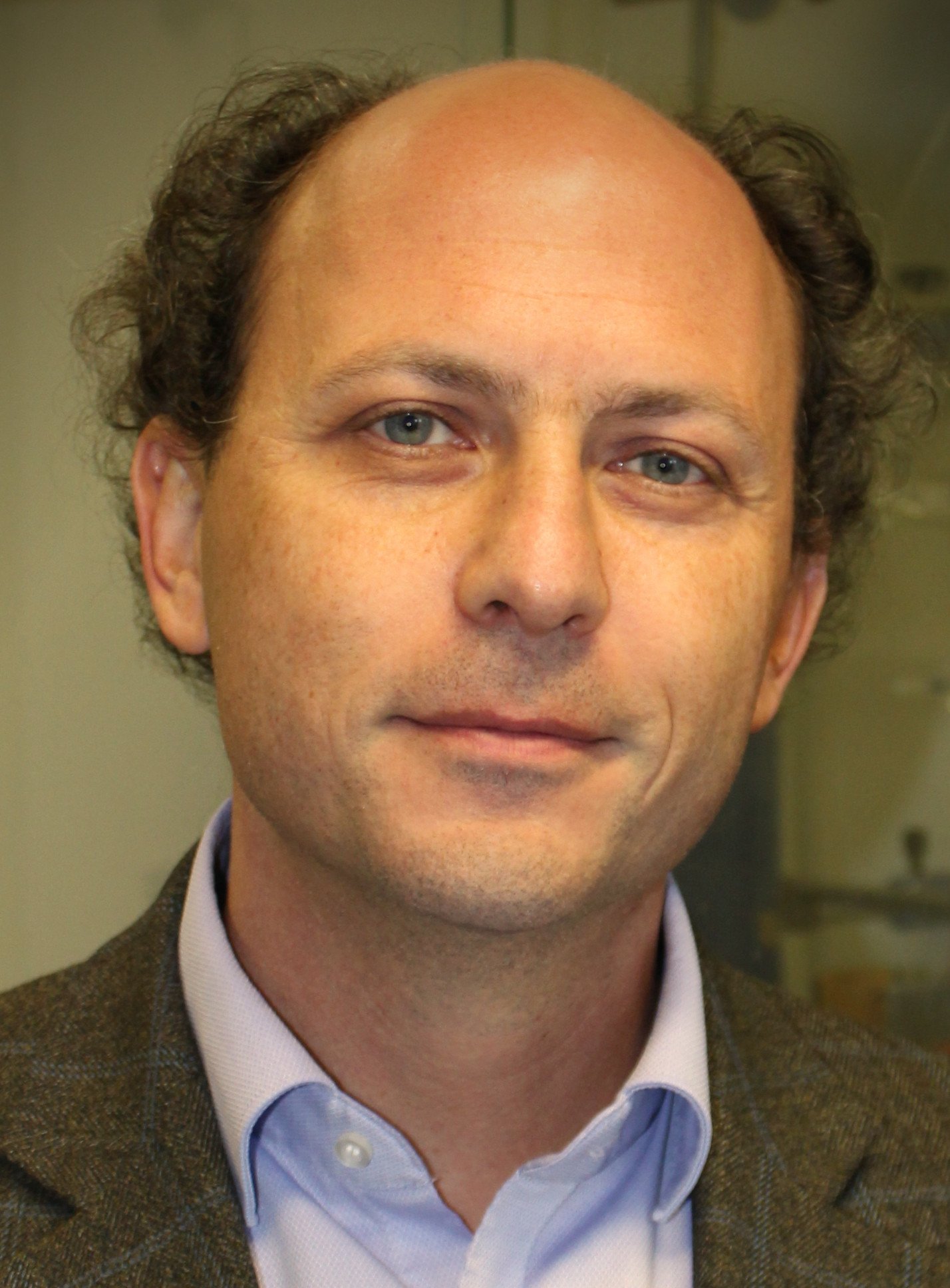
Nicola Pinna, Humboldt-Universität zu Berlin, Berlin, Germany ![]()
Nicola Pinna studied physical chemistry at the Université Pierre et Marie Curie (Paris). He received his Ph.D. in 2001, and in 2002, he moved to the Fritz Haber Institute of the Max Planck Society (Berlin). In 2003, he joined the Max Planck Institute of Colloids and Interfaces (Potsdam). In 2005, he moved to the Martin Luther University, Halle-Wittenberg, as an Assistant Professor of Inorganic Chemistry. From March 2006 to June 2012 he was researcher at the Department of Chemistry and CICECO of the University of Aveiro and from September 2009 to June 2012 he was also Assistant Professor at the school of chemical and biological engineering Seoul National University in the framework of the world class university project founded by the National Research Foundation of Korea. In July 2012 he joined the Department of Chemistry of the Humboldt-Universität zu Berlin. In 2011 he was ranked among the top 100 materials scientists of the past decade by impact. His research activity is focused on the development of novel routes to nanostructured materials, their characterization, and the study of their physical properties.
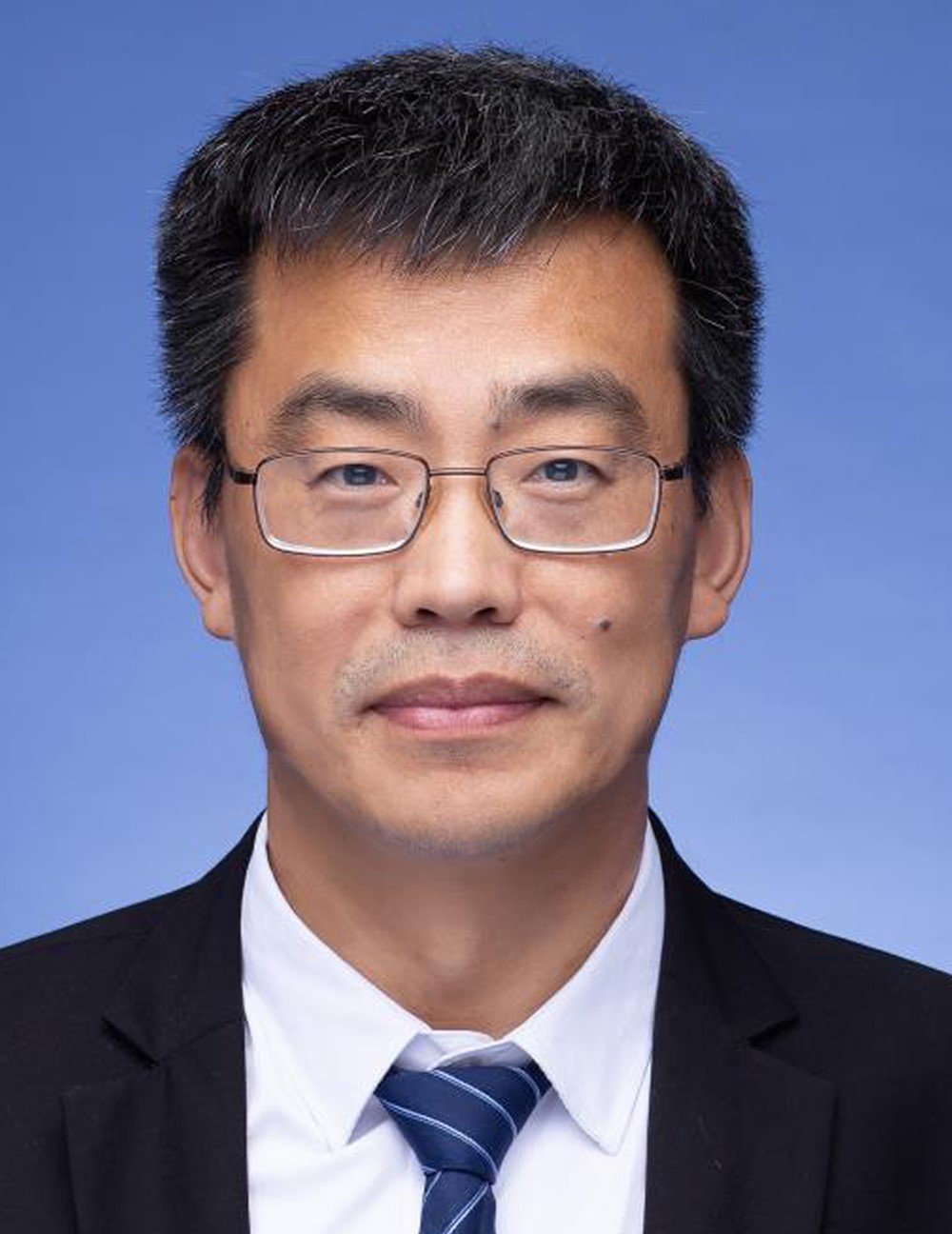
Jichang Wang, University of Windsor, Windsor, Canada ![]()
Jichang Wang is a professor in the Department of Chemistry and Biochemistry, University of Windsor, Ontario, Canada. He got his bachelor degree in chemical engineering from Tsinghua University, P. R. China and Ph.D. degree in Physical Chemistry from Copenhagen University, Denmark. His research interests focus on fundamental understanding of chemical oscillations and pattern formation and applications of nonlinear dynamics in material sciences. Since joining University of Windsor in 2002, his group has been conducting research in the areas of (1) design of new chemical and electrochemical oscillators; (2) study and control of nonlinear behaviors in energy storage/conversion processes; (3) synthesis of non-precious metal based (electro)catalysts through oscillatory chemical/electrochemical reactions; and (4) development of novel electrochemical sensors.
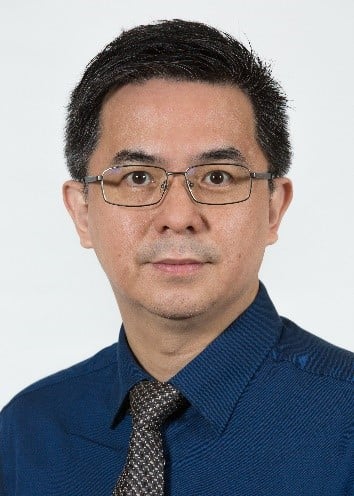
Xin Wang, City University of Hong Kong, Hong Kong, China ![]()
Professor Xin WANG is Chair Professor of Electrochemistry and Head of Department of Chemistry at City University of Hong Kong. He received his B.Eng. (1994) and MPhil (1997) degrees in Chemical and Environmental Engineering from Zhejiang University, and Ph. D (2002) in Chemical Engineering from Hong Kong University of Science and Technology. Before joining City University of Hong Kong in Mar 2023, Prof. Wang was Cheng Tsang Man Chair Professor in Energy at Nanyang Technological University, Singapore (NTU) and Co-Chair of the interdisciplinary School of Chemistry, Chemical Engineering and Biotechnology.
Prof. Wang has research interest in nanostructure control, surface functionalization and interface tuning for selective electrocatalysis towards key electrochemical reactions for energy and environmental applications. He is a Fellow of the Academy of Engineering, Singapore, and has been a Clarivate Analytics Highly Cited Researcher since 2018. He is a winner of Mitsui Chemicals-SNIC Industry Award in Materials and Nano-Chemistry 2021 and Nanyang Research Award 2021.
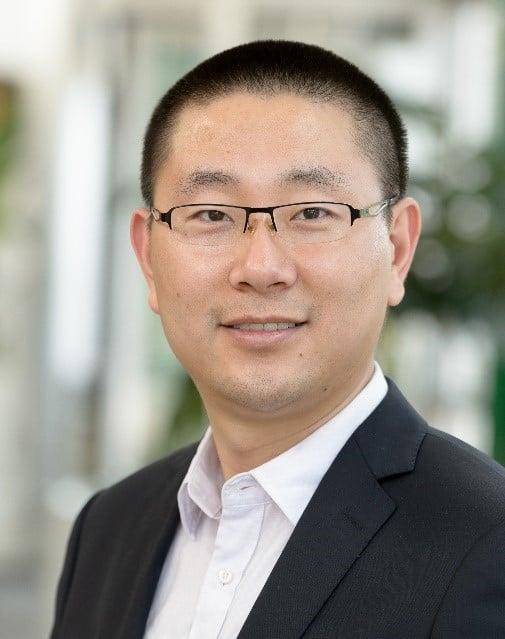
Yifei Yuan, Wenzhou University, Wenzhou, China ![]()
Yifei Yuan is currently a professor at Wenzhou University, China. He obtained his Ph.D. from Michigan Technological University and used to work at University of Illinois (Chicago) and the Chemical Sciences and Engineering division at Argonne National Laboratory. His research focuses on fundamental understandings of materials science for energy conversion and storage. He investigates local atomic and nanoscale structure-property correlations to elucidate design principles for advanced energy materials by rational syntheses, advanced characterizations, and integration of material engineering strategies. He won the K.M. Abraham award at the 236th ECS meeting (Atlanta) in 2019 and was awarded “MIT-TR 35 (Asia Pacific)” in 2021. He has an H-index of 63 by 2023.
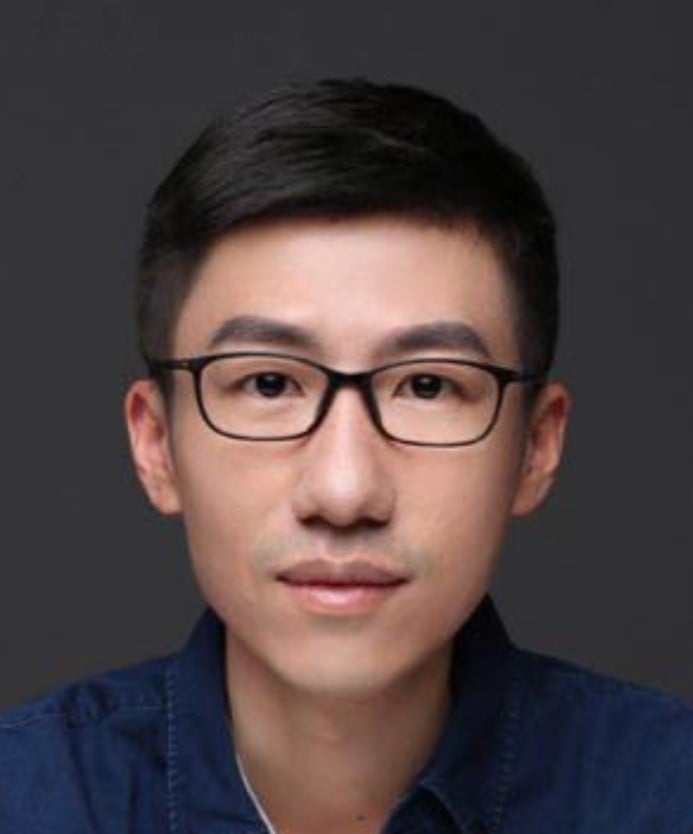
Cheng Zhong, Tianjin University, Tianjin, China ![]()
Cheng Zhong is a Professor in School of Materials Science and Engineering at Tianjin University. Prior to joining Tianjin University, he worked as an Associate Professor in the Department of Materials Science and Engineering at Shanghai Jiao Tong University. He received his B.Sc. and Ph.D. in Materials Science from Fudan University in 2004 and 2009, respectively. He received support from the National Science Foundation for Excellent Young Scholars and National Youth Talent Support Program. He is a Fellow of the Royal Society of Chemistry (FRSC), a Board Committee Member of the International Academy of Electrochemical Energy Science (IAOEES). He has published over 130 peer-reviewed articles, an academic book, and more than 30 patents (2 patents were commercialized towards large-scale energy storage applications). His research interests focus on electrometallurgy and its application in electrochemical energy storage, wearable and flexible energy storage materials and devices.
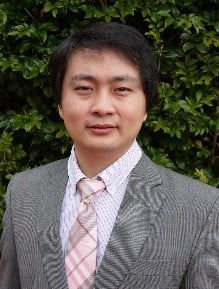
Shulei Chou, Wenzhou University, Zhejiang, China ![]()
Shulei Chou, a professor and the founding director of Institute for Carbon Neutralization, College of Chemistry and Materials Engineering, Wenzhou University. He obtained his bachelor’s (1999) and master’s degrees (2004) from Nankai University, China. He received his Ph.D. from the University of Wollongong in 2010. His research focuses on energy-storage materials for battery applications, especially on novel composite materials, new binders, and new electrolytes for Li/Na batteries. He has published more than 340 journal papers, including Science, Nature Chemistry, Nature Communications, Angewandte Chemie International Edition, Journal of the American Chemical Society, Advanced Materials, Advanced Energy Materials and Nano Letters. Total citations are more than 18000 times with an H-index= 74.
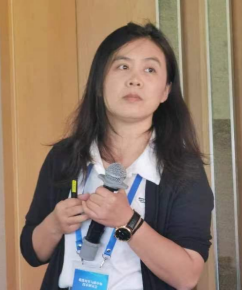
Fengxia Geng, Soochow University, Suzhou, China ![]()
Fengxia Geng is currently a professor of Soochow University. She received her M.S. degree in Institute of Metal Research, Chinese Academy of Sciences and Ph.D. degree from University of Tsukuba. Before joining Soochow University, she worked as International Centre for Young Scientist (ICYS) fellow in National Institute for Materials Science, Japan. Her team put particular attention to non-vdW 2D sheet materials, with research progress published on journals including Nature Synthesis, Account of Chemical Research, Nature Communications, Advanced Materials, etc.
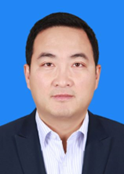
Guangzhi Hu, Yunnan University, Kunming, China ![]()
Guangzhi Hu received his PhD degree from the Chinese Academy of Sciences in 2010. After post-doctoral research at the Nano Carbon Materials Research Laboratory of the Department of Physics, Umeå University, Sweden, he joined the Chinese Academy of Sciences. Currently, he is a full-time professor at the Institute for Ecological Research and Pollution Control of Plateau Lakes, Yunnan University. His research interests focus on the application of functional nanomaterials in energy and environment.
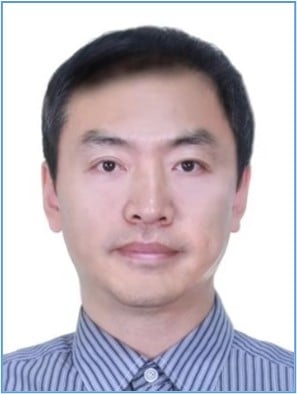
Meicheng Li, North China Electric Power University, Beijing, China ![]()
Meicheng Li is Fellow of the Royal Society of Chemistry, Yangtze river scholars Distinguished Professor of Ministry of Education, and the Dean of the School of New Energy, North China Electric Power University. He obtained his PhD at Harbin Institute of Technology in 2001. He joined Harbin Institute of Technology as Lecture and Associate Professor from 2001 to 2004. He worked in University of Cambridge as Research Fellow from 2004 to 2006. From 2010, he worked in North China Electric Power University. His research topic is New Energy Materials and Devices, such as solar cells and lithium/sodium ion battery, and other relative devices in energy harvesting, conversion and storage. Till now, he contributed more than 300 journal articles(including Nature Energy、Joule、Energy & Environmental Science、Advanced Materials etc.) and performed the review services for about 150 SCI journals. He got almost 30 items of awards for the science and technology success. He served more than 60 academic conferences as the chair, track co-chair or session chair. He is Vice Chairman of IEEE PES Energy Development and Power Generation Technology Committee, Standing Director of China Renewable Energy Society. He is also the editorial board member of 20 international peer review journals, such as: IET Renewable Power Generation, Energy Materials, Journal of Materiomics, CSEE Journal of Power and Energy Systems etc.

Ewa Wierzbicka, Military University of Technology, Warsaw, Poland ![]()
Ewa Wierzbicka is an assistant professor at the Military University of Technology. She received her Ph.D. in Chemistry in 2016 from Jagiellonian University. Between 2017-2019 she did postdoctoral studies at Complutense University of Madrid, Spain, and at the University of Erlangen–Nuremberg, Germany. Then she was awarded Alexander von Humboldt Fellowship for postdoctoral researchers which was hosted by the University of Erlangen–Nuremberg and Humboldt University of Berlin. Her research interests include the development of nanomaterials for photocatalysis, photoelectrocatalysis, electrochemical sensors, and corrosion protection.
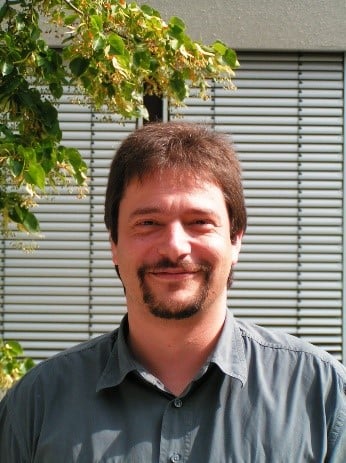
Gerhard Wilde, Universität Münster, Münster, Germany ![]()
Gerhard Wilde is Vice Dean of the Department of Physics at the University of Münster, Germany. After receiving Diploma in Physics at the University of Cologne, he completed Ph.D. at Technical University Berlin (1997). He then worked as Alexander von Humboldt fellow at the University of Wisconsin-Madison, USA. In 1999, he joined KIT as senior researcher. In 2001-2004, he leaded an “Emmy-Noether” group and headed a “University-Helmholtz-Linkage” group. In 2004-2005, he held a professorship at Saarland University. Since 2006, he holds a chair professorship at the University of Münster. He was appointed as honorary professor at several Universities in India, Austria, France and China. In 2014, he obtained the Shanghai short-term thousand talent plan and joined the international steering committee of NanoSPD. Since 2017, he is Senior PI at the Herbert Gleiter Institute of Nanoscience at Nanjing, China. He has received several awards including CSIR-Humboldt Research Award, and Alain Reza Yavari Award, etc. His research areas include nanostructured and nanocrystalline materials, functional nanostructured surfaces, microstructure evolution, defects and diffusion in solids.
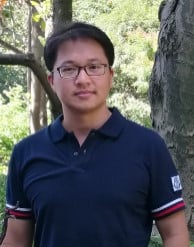
Xinhui Xia, Zhejiang University, Hangzhou, China ![]()
Xinhui Xia is a professor of Zhejiang University. He received his Bachelor (2004) and Master (2007) degrees in Applied Chemistry from Zhejiang University of Technology, and Ph. D. (2010) in Materials Science and Engineering from Zhejiang University. From 2010 to 202, he worked as a research fellow at Zhejiang University, and followed by working as a research fellow at Nanyang Technological University (2012-2015), Singapore. He joined in Zhejiang University since 2015. He is a Clarivate Analytics Highly Cited Researcher 2018 and 2019 (Cross-field and Materials Science). His research interests include controllable synthesis of nanomaterials and multicomponent core/shell nanoarrays and their applications in electrochemical energy storage and conversion.
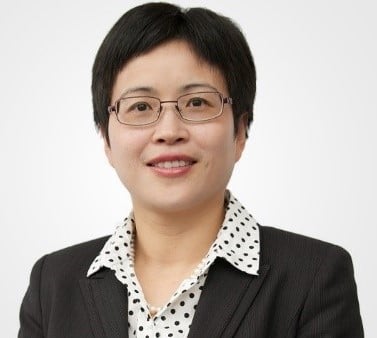
Aiping Yu, University of Waterloo, Waterloo, Canada ![]()
Aiping Yu received her Bachelor’s degree from Nanjing University of Chemical Technology (1997), Master's degree from East China University of Science and Technology (2002) and Ph.D. from University of California-Riverside in 2008. She started her career at previous GE plastics before joining University of Waterloo where she is currently a tenured Associate Professor at the University of Waterloo. Her research interests include the development of carbon nanomaterials for supercapacitors, batteries, photocatalysts and polymer composites. Her contributions to the scientific literature have led to nearly 13,000 citations with an H-index of 49.
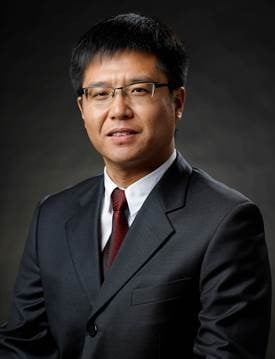
Tierui Zhang, Technical Institute of Physics and Chemistry, CAS, Beijing, China ![]()
Dr. Tierui Zhang is a full Professor in Technical Institute of Physics and Chemistry (TIPC), Chinese Academy of Sciences (CAS) and Director of Key Laboratory of Photochemical Conversion and Optoelectronic Materials, CAS. He received his B.S. in Chemistry in 1998, and Ph.D. in Organic Chemistry in 2003 from Jilin University in China. After that, he did postdoctoral study in Max Planck Institute of Colloids and Interfaces with Prof. Markus Antonietti and Dr. Charl Faul (2003-2004), University of Alberta with Prof. Hicham Fenniri (2004-2005), University of Arkansas with Prof. Z. Ryan Tian (2005-2007) and University of California-Riverside with Prof. Yadong Yin and Prof. Yushan Yan (2007-2009), respectively. His research activity focuses on catalyst nanomaterials for energy conversion such as photocatalytic solar fuels and value-added chemicals. He has published more than 330 peer reviewed SCI journal articles in international famous journals such as Nat. Catal., Nat. Commun., Adv. Mater., Angew. Chem. and J. Am. Chem. Soc. These publications have earned him to date over 37000 citations with H-index 108. He was named in the annual Highly Cited Researchers 2018-2023 List by Clarivate Analytics. He was granted 44 national invention patents in China. Dr. Zhang is the associate editor of Science Bulletin, Industrial Chemistry & Materials, Nano Research Energy and Transactions of Tianjin University, and also serves as an editorial board member for peer-reviewed journals including Advanced Energy Materials, Advanced Science, Chemical Science, Small Methods, Small Structures, Scientific Reports, ChemPhysChem, Materials Chemistry Frontier, Solar RRL, Carbon Energy, Innovation and SmartMat. He is the recipient of a number of awards including Alexander von Humboldt Fellowship, Royal Society-Newton Advanced Fellowship, National High-Level Talents Special Support Program, “Outstanding Young Scholars” of the National Science Fund.
He was named a fellow of the Royal Society of Chemistry (FRSC) in 2017 and a fellow of the Chinese Chemical Society (FCCS) in 2023. More information can be found from his homepage http://zhanglab.ipc.ac.cn. His ORCID No.: https://orcid.org/0000-0002-7948-9413
![]() Khalil Amine, Argonne National Laboratory, Lemont, USA
Khalil Amine, Argonne National Laboratory, Lemont, USA
![]() Huiming Cheng, Institute of Metal Research, CAS, Shenyang, China
Huiming Cheng, Institute of Metal Research, CAS, Shenyang, China
![]() Mirian Casco, Technische Universität Dresden, Germany
Mirian Casco, Technische Universität Dresden, Germany
![]() Jun Chen, Nankai University, Tianjin, China
Jun Chen, Nankai University, Tianjin, China
![]() Zhongwei Chen, University of Waterloo, Waterloo, Canada
Zhongwei Chen, University of Waterloo, Waterloo, Canada
![]() Yi Cui, Stanford University, Palo Alto, USA
Yi Cui, Stanford University, Palo Alto, USA
![]() Liming Dai, Case Western University, Cleveland, USA
Liming Dai, Case Western University, Cleveland, USA
![]() Shixue Dou, University of Wollongong, Wollongong, Australia
Shixue Dou, University of Wollongong, Wollongong, Australia
![]() Weihai Fang, Beijing Normal University, Beijing, China
Weihai Fang, Beijing Normal University, Beijing, China
![]() Chao Gao, Zhejiang University, Hangzhou, China
Chao Gao, Zhejiang University, Hangzhou, China
![]() Lin Guo, Beihang University People's Republic of China
Lin Guo, Beihang University People's Republic of China
![]() Yuguo Guo, Institute of Chemistry, CAS, Beijing, China
Yuguo Guo, Institute of Chemistry, CAS, Beijing, China
![]() Jeong Woo Han, Seoul National University, Seoul, Republic of Korea
Jeong Woo Han, Seoul National University, Seoul, Republic of Korea
![]() Yanglong Hou, Peking University, Beijing, China
Yanglong Hou, Peking University, Beijing, China
![]() Lei Jiang, Technical Institute of Physics and Chemistry, CAS, Beijing, China
Lei Jiang, Technical Institute of Physics and Chemistry, CAS, Beijing, China
![]() Anuj Kumar, GLA University, Mathure, India
Anuj Kumar, GLA University, Mathure, India
![]() Yong Lei, Ilmenau University of Technology, Ilmenau, Germany
Yong Lei, Ilmenau University of Technology, Ilmenau, Germany
![]() Yadong Li, Tsinghua University, Beijing, China
Yadong Li, Tsinghua University, Beijing, China
![]() Zhiqun Lin, Georgia Institute of Technology, Atlanta, USA
Zhiqun Lin, Georgia Institute of Technology, Atlanta, USA
![]() Huakun Liu, University of Shanghai for Science and Technology, China
Huakun Liu, University of Shanghai for Science and Technology, China
![]() Jun Lu, Argonne National Laboratory, Lemont, USA
Jun Lu, Argonne National Laboratory, Lemont, USA
![]() Yunfeng Lu, University of California, Los Angeles, USA
Yunfeng Lu, University of California, Los Angeles, USA
![]() Liqiang Mai, Wuhan University of Technology, Wuhan, China
Liqiang Mai, Wuhan University of Technology, Wuhan, China
![]() Max Garcia Melchor, Trinity College Dublin, Ireland
Max Garcia Melchor, Trinity College Dublin, Ireland
![]() Jieshan Qiu, Beijing University of Chemical Technology, Beijing, China
Jieshan Qiu, Beijing University of Chemical Technology, Beijing, China
![]() Yanlin Song, Institute of Chemistry, CAS, Beijing, China
Yanlin Song, Institute of Chemistry, CAS, Beijing, China
![]() Licheng Sun, Westlake University, China
Licheng Sun, Westlake University, China
![]() Shigang Sun, Xiamen University, Xiamen, China
Shigang Sun, Xiamen University, Xiamen, China
![]() Grzegorz Dariusz Sulka, Jagiellonian University, Krakow, Poland
Grzegorz Dariusz Sulka, Jagiellonian University, Krakow, Poland
![]() Xueliang Sun, University of Western Ontario, London, Canada
Xueliang Sun, University of Western Ontario, London, Canada
![]() Zhiyong Tang, National Center for Nanoscience and Technology, Beijing, China
Zhiyong Tang, National Center for Nanoscience and Technology, Beijing, China
![]() He Tian, East China University of Science and Technology, Shanghai, China
He Tian, East China University of Science and Technology, Shanghai, China
![]() Ajayan Vinu, University of Newcastle, Callaghan, Australia
Ajayan Vinu, University of Newcastle, Callaghan, Australia
![]() Shuangyin Wang, Hunan University, Changsha, China
Shuangyin Wang, Hunan University, Changsha, China
![]() Xun Wang, Tsinghua University, Beijing, China
Xun Wang, Tsinghua University, Beijing, China
![]() Feng Wu, Beijing Institute of Technology, Beijing, China
Feng Wu, Beijing Institute of Technology, Beijing, China
![]() Quanhong Yang, Tianjin University, Tianjin, China
Quanhong Yang, Tianjin University, Tianjin, China
![]() Jiaguo Yu , China University of Geosciences, Wuhan, China
Jiaguo Yu , China University of Geosciences, Wuhan, China
![]() Shuhong Yu, University of Science and Technology of China, Hefei, China
Shuhong Yu, University of Science and Technology of China, Hefei, China
![]() Hua Zhang, City University of Hong Kong, Hong Kong, China
Hua Zhang, City University of Hong Kong, Hong Kong, China
![]() Jin Zhang, Peking University, Beijing, China
Jin Zhang, Peking University, Beijing, China
![]() Jiujun Zhang, Fuzhou University, China
Jiujun Zhang, Fuzhou University, China
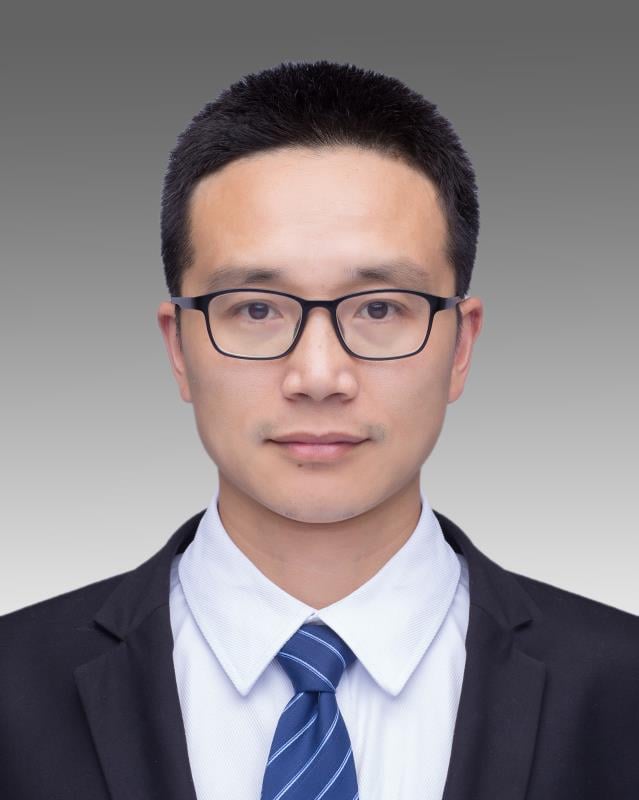
Huile Jin, Wenzhou University, Wenzhou, China
Huile Jin is an Associate Professor at the department of Chemistry and Materials Engineering of Wenzhou University. He received his Ph. D. in Materials Science from Donghua University in 2017 and was named Oujiang Distinguished Professor of Wenzhou University in the same year. He has published more than 40 journal articles and 2 textbooks. His research interest includes fundamental research and practical industrialization of new carbon materials and related energy storage and conversion. He is the managing editor of Carbon Energy.
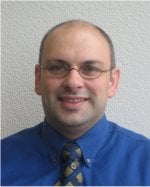
José Oliveira, John Wiley & Sons, Inc.
José Oliveira obtained his B.Sc. (Hons) and Ph.D. at the University of the Witwatersrand, Johannesburg. Before joining Wiley in 2001, he worked at the University of Antwerp. He is the Editor-in-Chief of Small.
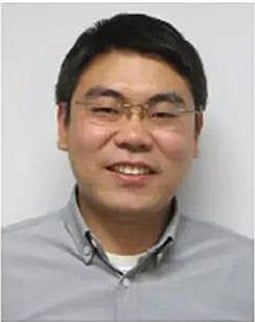
Guangchen Xu, John Wiley & Sons, Inc.
Guangchen Xu obtained his B.Sc. and Ph.D. (Hons) from the Beijing University of Technology. He spent a year at Michigan State University as a visiting scholar. Before joining the Wiley team in Beijing in 2011, he was an Assistant Professor at Beijing University of Technology.
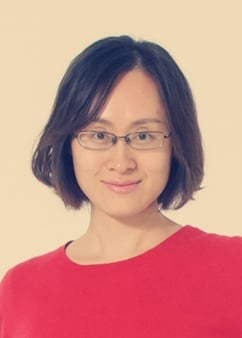
Jing Zhu, John Wiley & Sons, Inc.
Jing Zhu completed her Ph.D. from Shanghai Jiao Tong University in 2011, during this period, she studied and worked in Guelph Food Research Centre, Agriculture and Agri-Food Canada as a joint Ph.D. student for 2 years. Jing joined Wiley in July 2011 as a journal Editor and is based in Wiley’s Shanghai office.
John Wiley & Sons, Inc.
Vivian is based in Wiley's Beijing office, bringing with her 7 years of experience in the publishing industry. Her career began with a role as an Assistant Editor, where she honed her editorial skills and gained valuable insights into the publishing process. She then advanced to the position of Managing Editor. After that, as a Jour